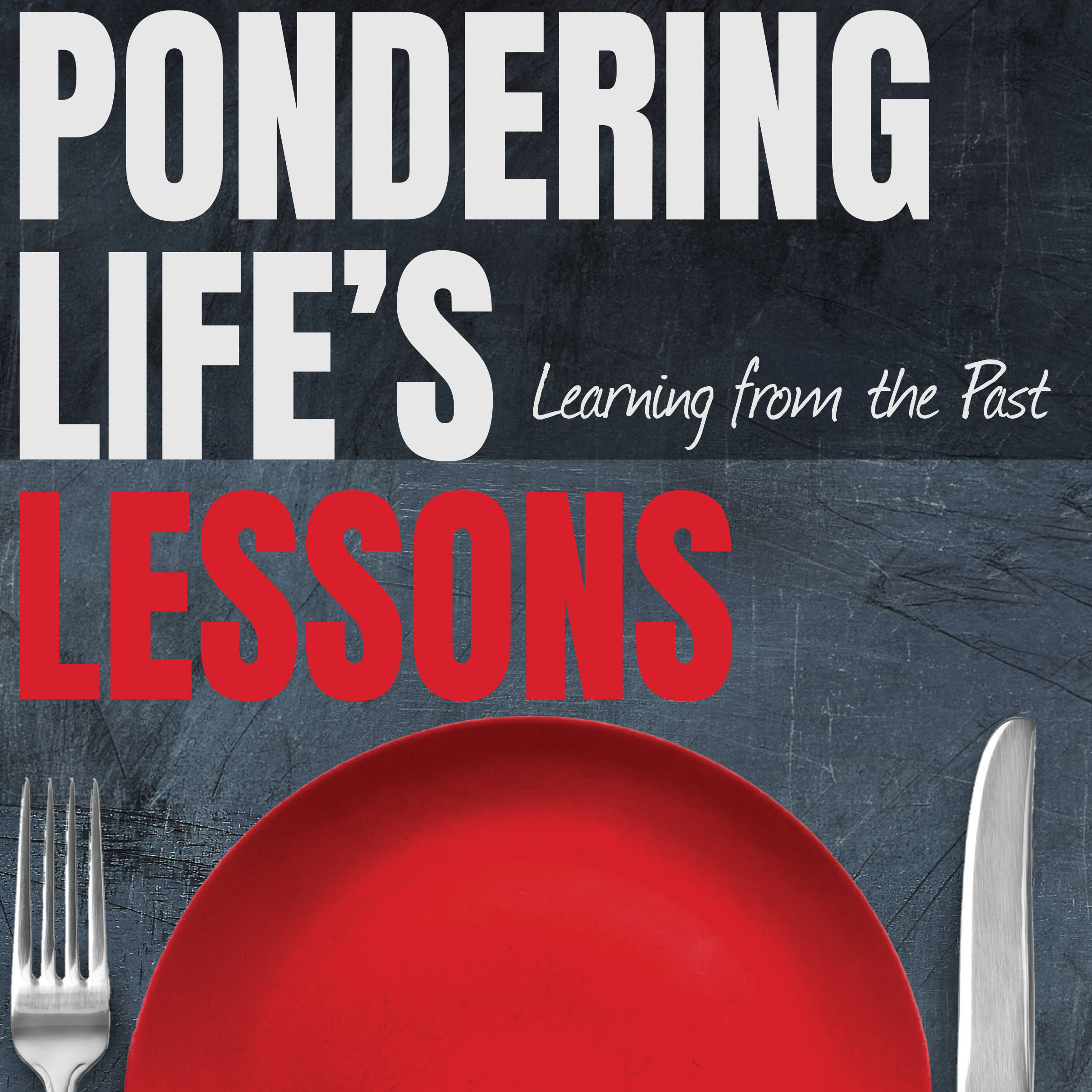 Every writer has a voice or is searching for one. It determines what you write and how it’s written.
Every writer has a voice or is searching for one. It determines what you write and how it’s written.
At my last memoire writers club meeting, I told those assembled that I enjoyed listening to them read their stories because each one has a unique style. And while that’s true, I prefer to listen to those who can tell their story while they read it. That’s how I try to write, as if I were speaking to you in person. Sometimes I make it; sometimes I don’t. But I always prefer it.
The danger for me in writing this way is I’m sometimes, and when I say sometimes, I mean often, overcome with emotion. The words and the people mean that much to me. I’m just a big softy. I’ve been that way for much of my life, and now with Ruth gone, it catches up with me more often. When I read aloud, the words often catch in my throat. They hang there and I have to take a moment to shake them loose.
I recently spent a few days with a good friend of mine. He’s a former English teacher like me, but he was better at it. He was devoted to his craft. He reads a ton and has written a book himself. He’s never published the book because “It’s not good enough.” When I asked if he had read his former wife’s book, he said he started it, “But it wasn’t written very well, so I stopped.”
And then I asked, “When you read are you focused more on how it’s written or what is said?” He looks at them equally. My friend’s not wrong. He just operates differently and I’m ok with that.
I spent part of Friday evening with my granddaughter, Eva. We talked about a class she’s been taking. It’s in the communications department of her high school. We spoke about her hopes for her next classes. She’d like to skip the second class in a series of three because she thinks she’s ready to make the move. If she doesn’t get into the broadcasting class, she may take journalism. I encouraged her to take all the communication classes she can. I said, “You have something to say, and you do it well. Not everyone has the gift. You need to use it.”
I also told her that she needs to work on the structure of her work. And then I said, “What you have to say is special. You can learn, and others can help correct your spelling and punctuation, but only you have the gift to share what’s in your heart.”
I looked up “Author’s Voice” online and found this – Author’s voice is the writer’s particular style, which he employs in a particular story, or piece of writing. That works for me. Simple.
I prefer to examine what is written rather than how. I think simple words connect with more people, and that’s what I’m trying to do. Connect. I don’t throw in an orchid when a daisy will do.
My goal has never been to write the next great American novel. I simply want to tell you a tale. I promise that I’ll always be honest, and to tell the truth as I remember it. It’s up to you to determine if my words are worth your time. I’ll do the writing. You do the rest.

